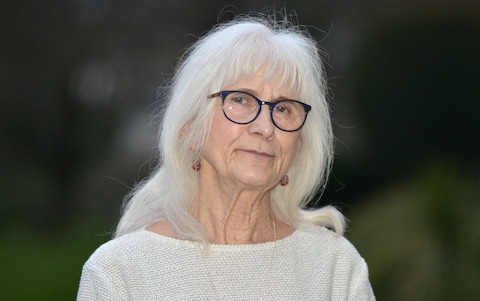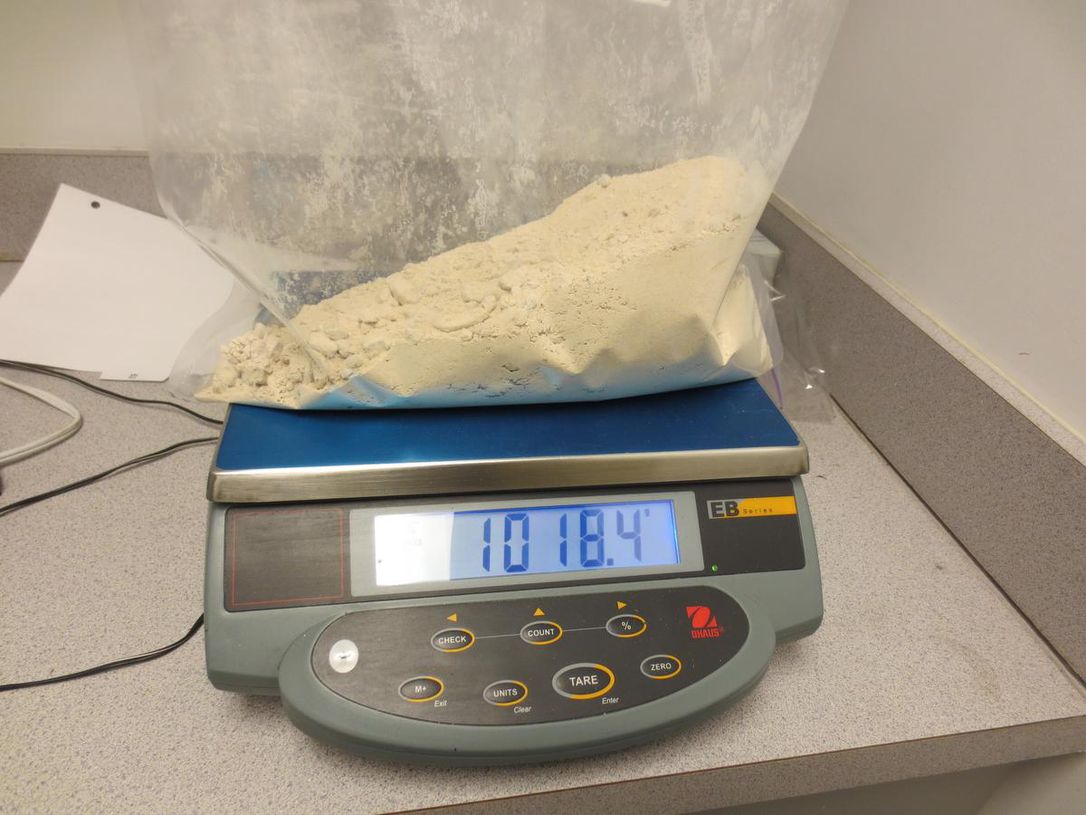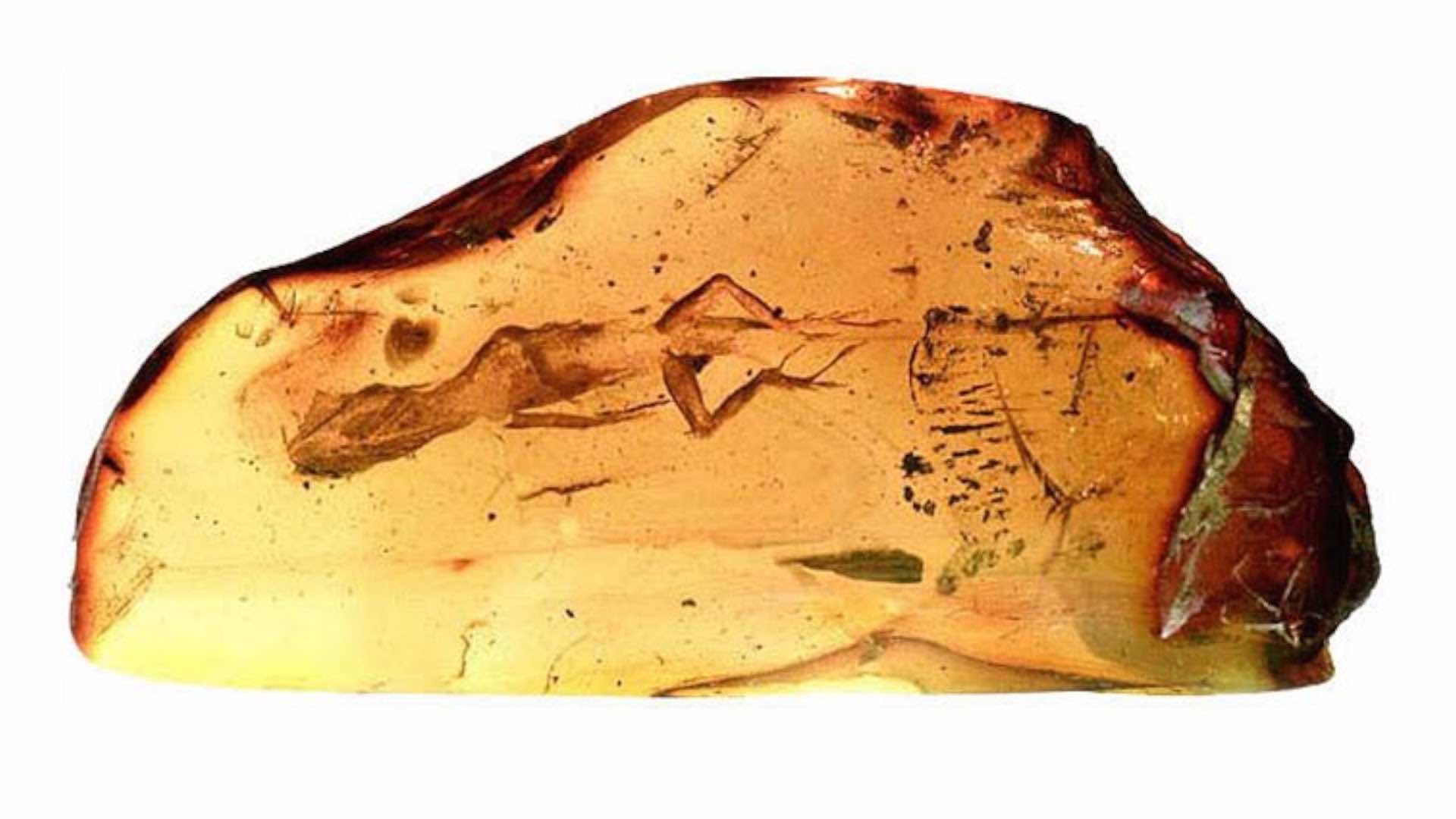She gave birth to her children but felt no pain – and barely batted an eyelid after a horrific car accident.
Even as a child, Jo Cameron carried on as normal for three days without realising she had in fact broken her arm.
She later took only paracetamol after undergoing what should have been excruciating surgery to remove a bone from her thumb.
Astonishingly, the 71-year-old is protected from the agonies suffered by the rest of us – thanks to gene mutations which stop pain signals reaching her brain.
Even more amazing is that she only realised how special she is at the age of 65. Experts believe her condition is only found once in every several million people.
The genetic mutations – revealed in the British Journal of Anaesthesia – also boost a chemical called anandamide, which keeps the retired college lecturer cheerful and speeds up the healing process.
Cameron has told how she needed just gas and air while giving birth to her children Jeremy and Amy. ‘I didn’t feel any pain at all. My advice to other women was that childbirth is not as bad as you think it is – it just feels strange but does not really hurt,’ she explained.
‘I didn’t realise that would not be the case for them. For me, it was not the wrong advice because that was my experience.’
She can also happily eat Scotch bonnet chili peppers – claimed to be the hottest in the world – and they feel only a ‘bit warm’ in her mouth.
Cameron, from Whitebridge, near Loch Ness, is rarely anxious even during an accident two years ago when her car flipped over twice and plunged into a ditch.
She suffered terrible bruising, but no discomfort at all. It is hoped her case will help doctors develop new treatments for people suffering chronic pain after surgery.
If they can block the same genes in other people that fail to function properly in Cameron, it could help them cope with pain.
The pensioner, who lives with 72-year-old husband Jim, said: ‘When I was eight, I broke my arm roller-skating and didn’t realise. It was three days later that my mother noticed it was hanging strangely.
‘I am forever burning myself on our oven but only notice when I smell the burning flesh. I cut myself and don’t realise until I see the blood. I just feel clumsy – hardly like a superhero.’
She stressed: ‘I do understand that people are fascinated but I have always been this way. I think there are other people like this who just have not realised it yet.
‘The genetic mutations make me naturally high and I am always in a good mood, which can be annoying for my family. The serious side of this is that I hope this could help people who do suffer terrible pain and that there could be a natural treatment for them.’
Cameron has been given the lowest score on a medical anxiety scale, and her calmness is believed to be a side-effect of the differences in her genes.
But she also reports having had memory lapses throughout her life, such as forgetting words or keys.
Doctors have stuck pins in her feet and hands, and applied heat to them, to test if she can feel pain.
Cameron believes she may have inherited the condition from her father Joseph. She said: ‘He was a captain in the tank regiment in World War I and had shrapnel left in his leg but never felt pain.
‘He also never needed painkillers and I feel sure he was the same as me. To me, it never seemed odd – I was just my father’s daughter.’
Cameron has a mutation in a previously unidentified gene called FAAH-OUT which may stop it switching on a second gene to make her feel pain. She only realised she was special when she sought medical help, aged 65, because her hip kept giving way when she was walking. She was sent home three times without treatment because she felt no pain before an X-ray revealed her hip had ‘almost disintegrated’ and she needed a replacement.
Doctors then realised her osteoarthritis had also left her hand so deformed her thumb was pushed into her palm. An anaesthetist, who was amazed that she only needed paracetamol after a normally agonising operation to remove a bone in the thumb and rearrange her tendons, referred her for genetic testing. Dr James Cox, from University College London, who was involved in Cameron’s case, said: ‘People with rare insensitivity to pain can be valuable to medical research as we learn how their genetic mutations impact the way they experience pain.’
Dr Devjit Srivastava, a consultant anaesthetist from Raigmore Hospital in Inverness, who diagnosed Cameron, said: ‘We hope this could help the 330million patients who undergo surgery globally every year.’
Cameron insisted: ‘I would be elated if any research into my own genetics could help other people who are suffering.’













